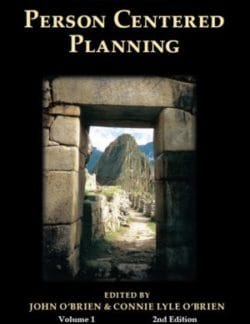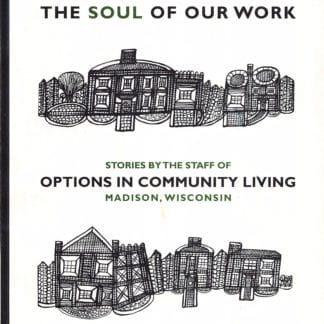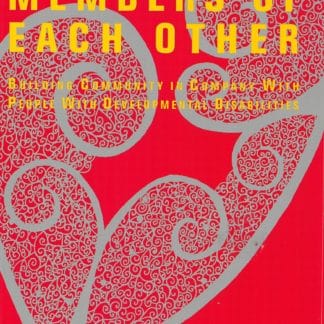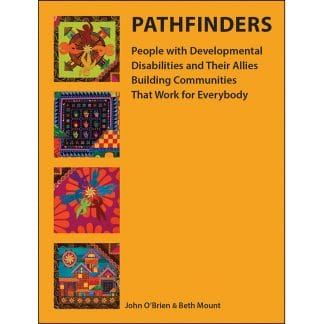John O’Brien
2014 – England
When they need publicly commissioned assistance, people with learning disabilities have to enact their freedom under more constraints than other citizens do. Many laws and policies have not caught up with the ideas that people should be able to lead an ordinary life with the support they need and that people themselves should be in charge of decision making about their lives. This means that people’s lives are lived in view of many eyes and under the influence of many voices that claim the right to determine what is legal or appropriate for them: politicians, civil servants, commissioners, inspectors, investigators, managers and lawyers for commissioners and managers all have a say about the conditions under which people and those in direct relationship with them live. Almost always these voices are speaking generally about a group of people with learning disabilities. What an inspector discovers in reviewing a file and perhaps having a brief meeting is evidence to inform the inspector’s judgment about the level of quality of a service, not an intervention into the particular person’s life. However, when people with authority speak generally about what must and must not be done, their voices can be so loud as to drown out people’s own voices and the voices of those who know and care about them.
1 These are partial reflections on a workshop sponsored by Paradigm’s Ordinary Life for All Network at the 7 Dials Club in London on 5 September 2014. I have described a prototype version of the process the workshop used to explore what it takes for policy and procedure to contribute to a positive organizational culture with a growing capacity to support people’s freedom to pursue a good ordinary life.



